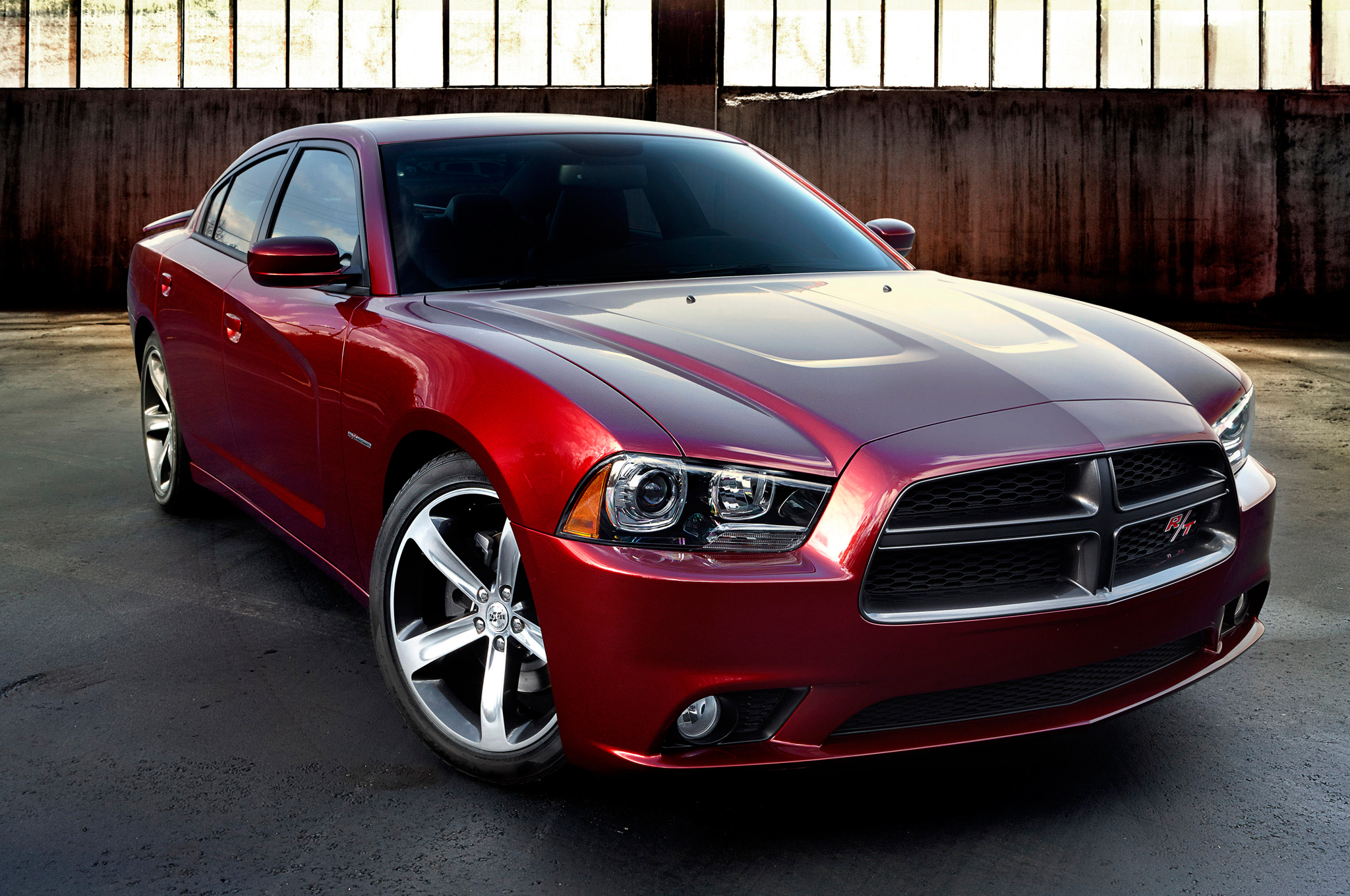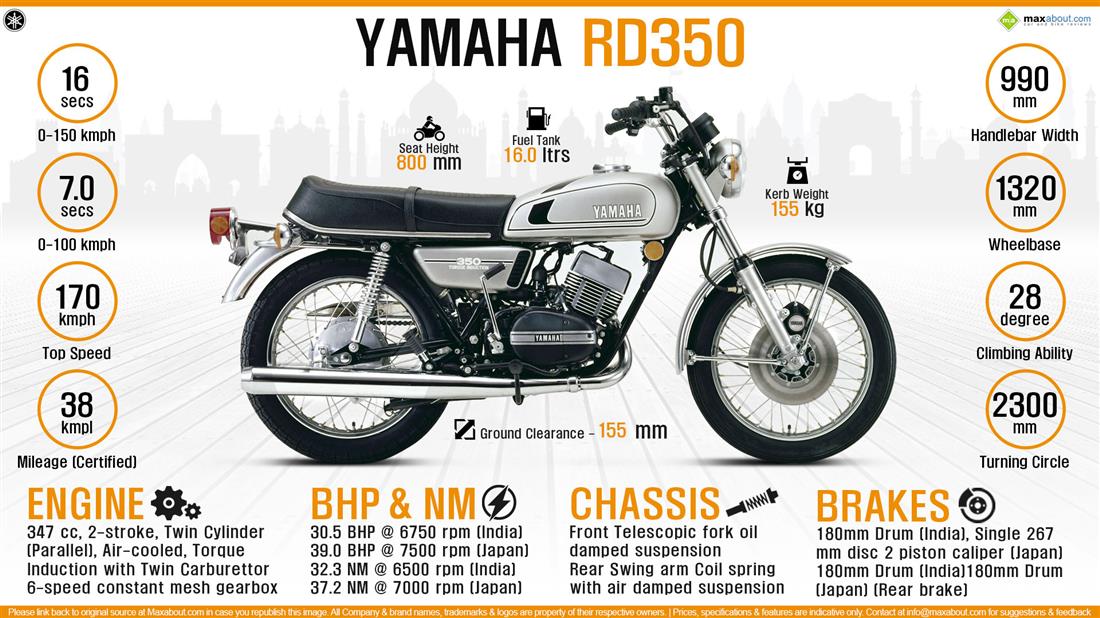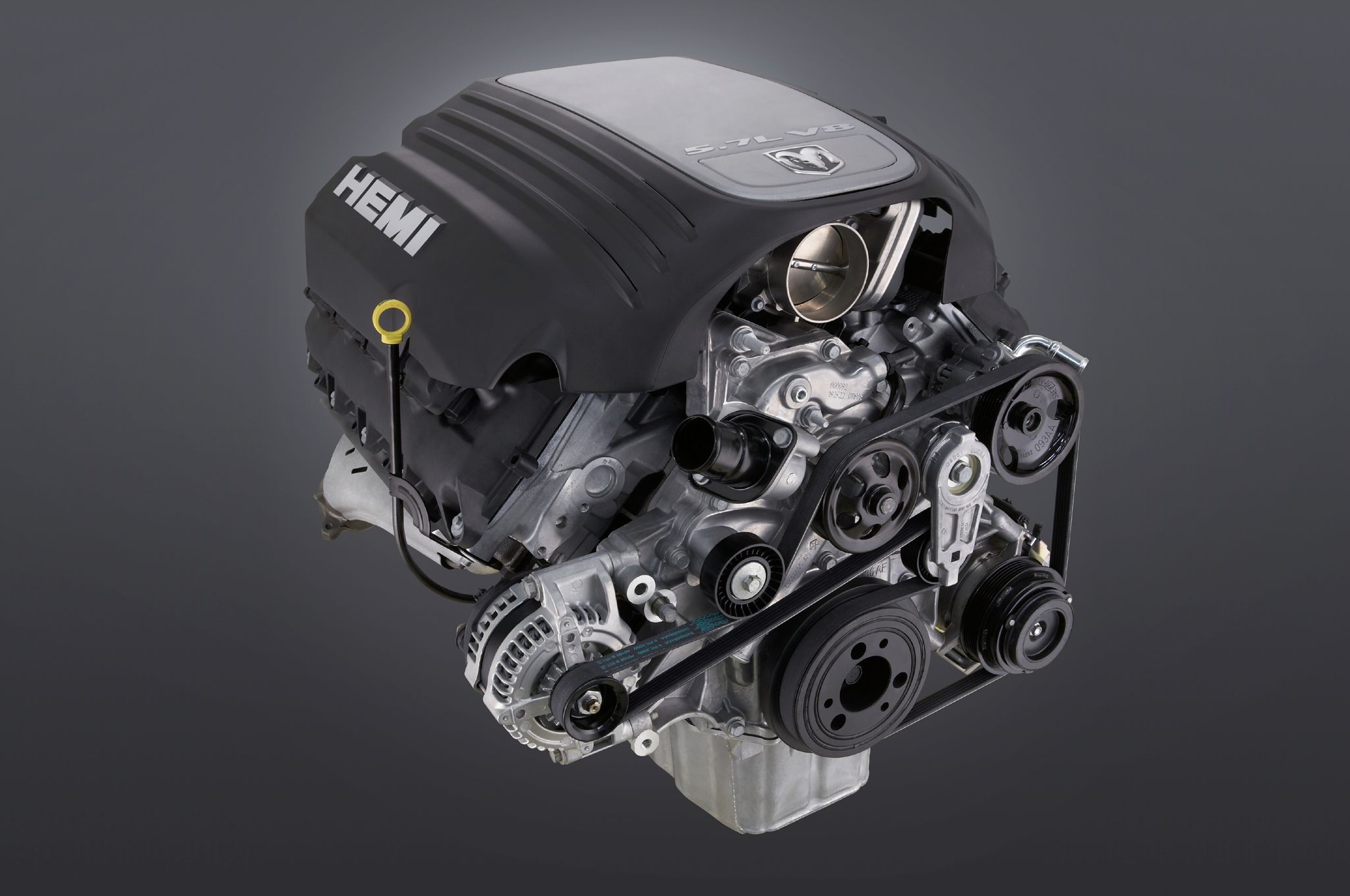 The 2010 Dodge Charger HEMI is the epitome of a modern muscle car. It is powered by an absolute monster of an engine. The V8 engine displacement is at 6.1L, produces 317kW of power and 569Nm torque. The engine is manufactured at Saltillo engine plant and has a great track record for being low maintenance high displacement naturally aspirated North American engines. In-fact, there is nothing to complain about the engineering or quality of the engine. This is the same with almost all modern cars and car engines. All the cars in the market right now are very well developed and mature products.
The 2010 Dodge Charger HEMI is the epitome of a modern muscle car. It is powered by an absolute monster of an engine. The V8 engine displacement is at 6.1L, produces 317kW of power and 569Nm torque. The engine is manufactured at Saltillo engine plant and has a great track record for being low maintenance high displacement naturally aspirated North American engines. In-fact, there is nothing to complain about the engineering or quality of the engine. This is the same with almost all modern cars and car engines. All the cars in the market right now are very well developed and mature products.
Unlike yesteryear’s car models, like the 90’s Mercedes with moody electronics or Lanicas that rot away faster than unrefrigerated cheese or Triumphs that leak oil like a rain soaked umbrella and Jaguars that hibernate whenever there is a light shower; cars these days are reliable, reliable like an appliance. The reliability masquerades another interesting problem; the problem of ‘what if something goes wrong’.
I have known folks who obsess about tire pressure. The same individuals who pop open the engine-bay to check the oil dipstick to see if there is enough engine oil. These are the folks who had the reluctant and unpleasant experience of living with one of the yesteryear’s unreliable vehicle engineering samples. They know very well that things can go wrong and they will go wrong. So, their life’s journey has made them curious and cautious about every single little mechanical clatter.
As for me, I am the nineties kid. My first vehicular experience was on a universal Japanese motorcycle or commonly abbreviated as the UJM. It was a bright red Yamaha. It was a reliable, fun piece of engineering which has made me a Yamaha fan for life. My first car was a Hyundai. Again, reliable piece of Korean engineering and a sensible one too. Some might say soul-less, but I had great fun with it. Even though the car I had was stereotypically reliable, recent history suggests Hyundai has some serious issues with their engines. Recently Hyundai issued a recall of 1.2 million vehicles, which covers both of its brands Hyundai and Kia motors in North America. So, I am fortunate that at no part of my life did I ever experience the horrible vehicular gremlins of electrical issues, oil leaks or anything of sorts.
The story is similar to almost everyone whom I grew up with or for any of those who had their early adult driving years with a well engineered car. This brings to attention, the problem of what do we do when things go wrong. The reason I talked about the HEMI is because one my friends own one. He got the car from his dad. So there is a family connection and major emotional value to it. The problem was a rogue oil pressure sensor. It happens even to the best of us. When we see a rogue oil pressure sensor, we are optimistic that we won’t have any oil issues. We procrastinate to fix the wonky sensor.
But, the problem is, even-though, being optimistic in life is a brilliant quality, it is not so much when it comes to dealing with engineered systems. The oil pressure sensor is there for a reason. It is a two layer protection. The first layer is to engineer something that works great in the first place. The second layer is to prepare for the malfunctions. Most of the time even I, ignore the oil pressure warnings. I know it is a bad thing, but at the same time, I also know the odds of it being something really bad is very low. Also, all the advertisements about how reliable all the modern cars are; add to our sense of highly optimistic thinking.
There are occasions when these non-zero odds turn out to be something really bad. Something like the oil line had a leak and the engine has no oil. This is exactly what happened to my friend. The one time he decided to ignore a warning light that was going off for months on his dashboard turned out to be something really really bad. While he was cruising along, the HEMI engine shuts down, since it has no oil to lubricate all the moving part. The optimistic us, whose life experience has been with reliably engineered devices, suddenly become flummoxed. It is not a pretty sight when an engine runs out of oil. Here is a video of a mechanic describing the horrors of dealing with an engine that ran out of oil.
I really admire the folks who are meticulous with their cars. Those who take the warning lights seriously every single time. It is an approach that will prevent disasters like engine running out of oil. But, then I realized, this story has more to it. When we are dealing with any systems, warning signals need to be taken seriously. Especially when it comes to engineered systems. These warning lights are there for a purpose. Our optimistic self and the modern life we are surrounded with are filled with highly reliable devices. It has subconsciously taught us to ignore these warning signs. But, one day one of these warning signs flashing in front of us can turn it into a really messy problem.
So, how can a regular person like you and me, avoid a situation similar to the HEMI engine running out of oil from happening? My idea to solve this important issue is to create better reminders and warning signals for cars. Since we are all addicted and tethered to our smartphones, a simple way will be to connect the sensor readings from the engine to an app. The app warns us through a notification event, may be periodically, perhaps every time one starts a car. A simple LED light flashing on the dash isn’t enough for me or anyone I know of, to be motivated to see a mechanic and figure-out what is wrong with the car engine. Since, most of my decision makings are surrounding the phone, the computer and everything linked to the internet, I am firmly in support of a better car: a better internet connected car. It will make the warning lights appear more serious and also well prepared for the #applife.
I am confident the next car of mine will be a connected car, that sends notifications to my phone.
The Dodge HEMI Charger has been very important for our continued work on cancer research as part of our startup project nanøveda. For continuing nanøveda’s wonderful work, we are running a crowdfunding campaign using gofundme’s awesome platform. Donation or not, please share our crowdfunding campaign and support our cause.
Donate here: gofundme page for nanøveda.




